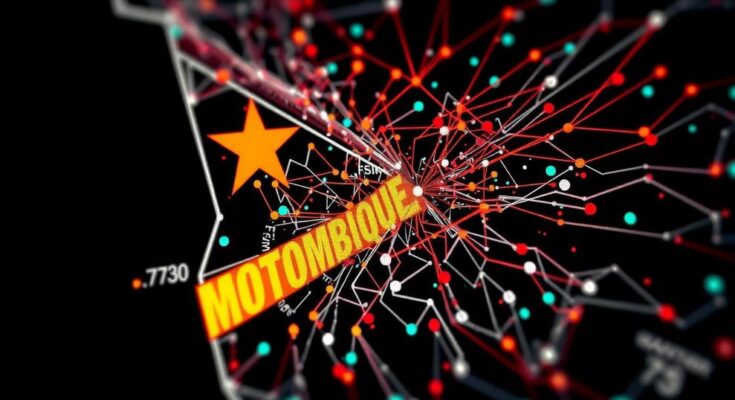Mozambique’s government has imposed significant internet restrictions since October 25, 2024, following protests against election results. Human Rights Watch demands an end to these restrictions, which severely limit access to information, freedom of speech, and impact livelihoods. With ongoing violence and instability, internet shutdowns hinder communication and expression, necessitating immediate governmental action to restore digital access.
In Mozambique, the government has imposed severe internet restrictions since October 25, 2024, responding to protests against the ruling political party’s election results. Human Rights Watch urges the authorities to end these disruptions immediately, noting that they significantly hinder citizens’ rights, including access to vital information and opportunities for peaceful assembly. The restrictions were reportedly enforced following violent actions by security forces against opposition supporters during the protests, severely impacting individuals’ ability to communicate and engage in online business and education. Since the ruling party, FRELIMO, claimed victory in the elections, internet connectivity has been sporadic, with reports of service disruptions from various mobile providers. Even schools transitioning to online classes have been adversely affected. Local businesses struggle to thrive without social media, with traders voicing concerns about their dwindling income because they can no longer promote their products effectively. Some express trepidation about meeting their daily needs amid rampant protests. The National Communications Institute of Mozambique claimed their actions were necessary to prevent the spread of misinformation and uphold national security, but many view these claims as a cover for stifling dissent and restricting democratic expression. The United Nations Human Rights Committee has stated that restrictions on information must meet legal standards and serve the public interest, highlighting the adverse effects of internet shutdowns on citizenship and collective expression. The global human rights community highlights the inconsistency of such shutdowns with international law, urging governments to avoid cutting off internet access during protests or electoral disputes. Similarly, internet service providers have a significant moral and ethical responsibility to safeguard user rights and transparently communicate any restrictions imposed by authorities. Current events in Mozambique serve as a sobering reminder of the critical link between internet access and fundamental human rights, emphasizing the need for immediate restoration of services.
Mozambique is currently facing a growing crisis regarding human rights and access to digital infrastructure. Following disputed election results favoring the ruling party, widespread protests ignited, leading to an aggressive response from government forces. Amidst this turmoil, the government initiated internet restrictions, claiming security and stability reasons. The interplay between digital freedoms and governmental control raises fundamental questions about the integrity of civic rights in the face of political turmoil, highlighting the desperate plight of citizens seeking information and expressing dissent.
In conclusion, the Mozambican government’s internet restrictions represent a profound infringement on the rights of its citizens to access information, express dissent, and conduct business. The international community, including Human Rights Watch and various UN experts, calls for immediate reinstatement of internet services, emphasizing the importance of digital freedom in democratic societies. The ongoing unrest necessitates an urgent response to ensure that freedom of expression remains protected, enabling citizens to access vital information without hindrance.
Original Source: www.hrw.org



